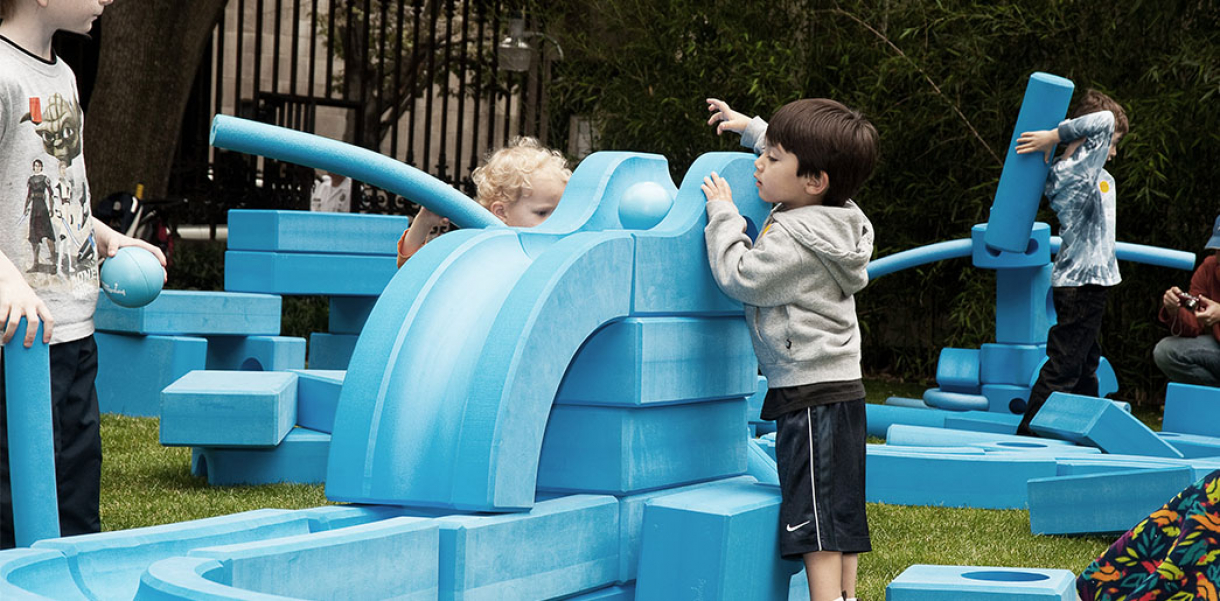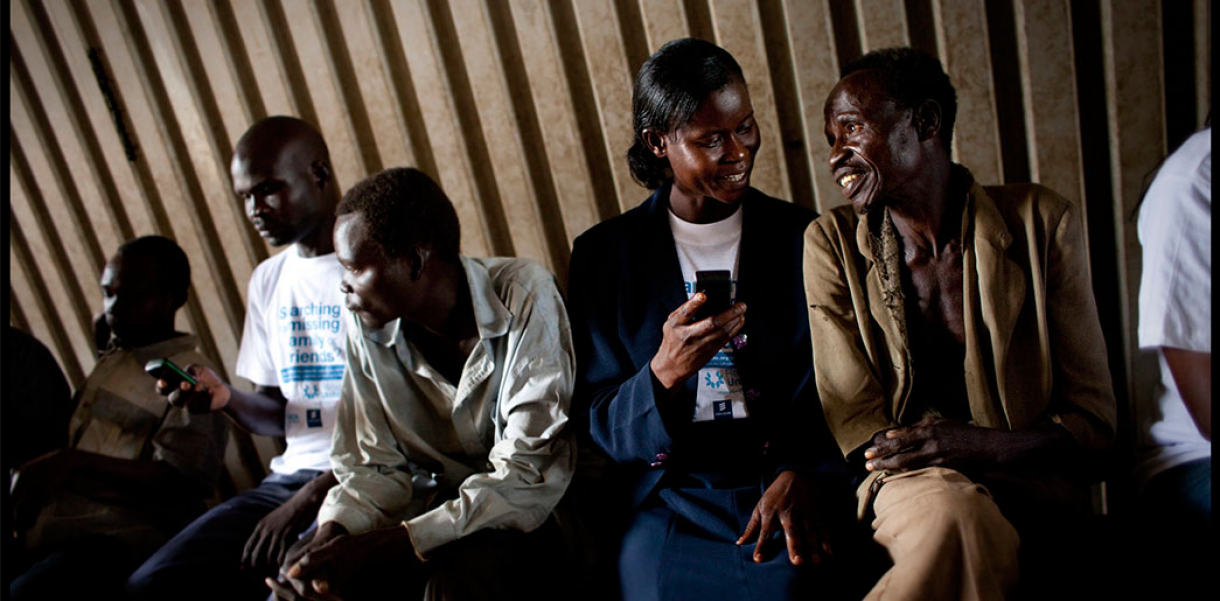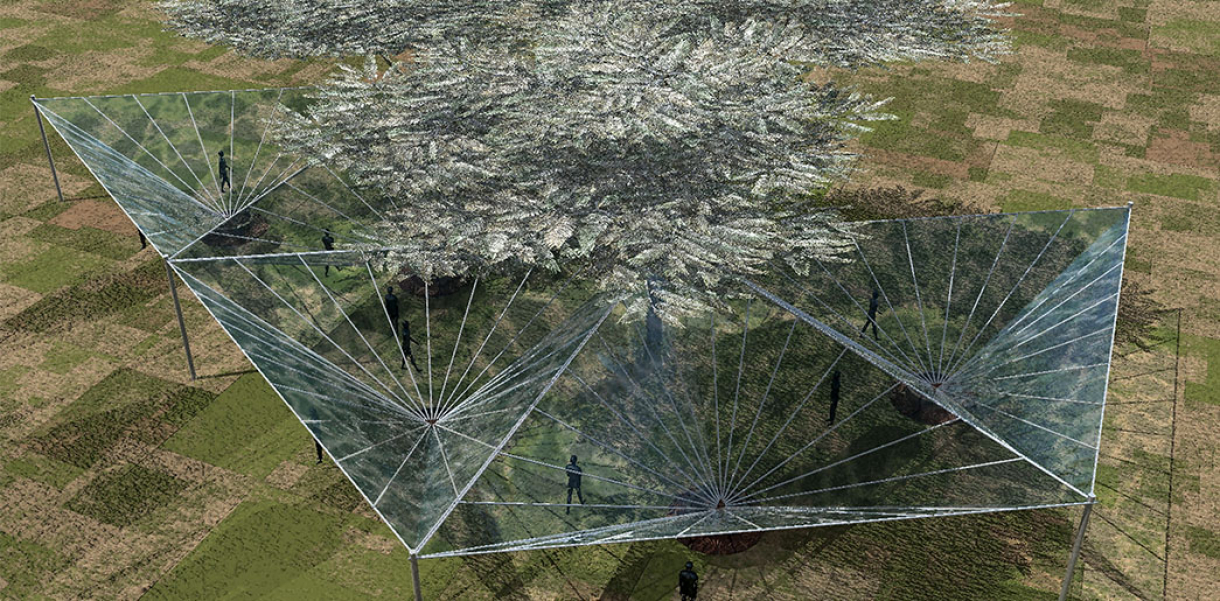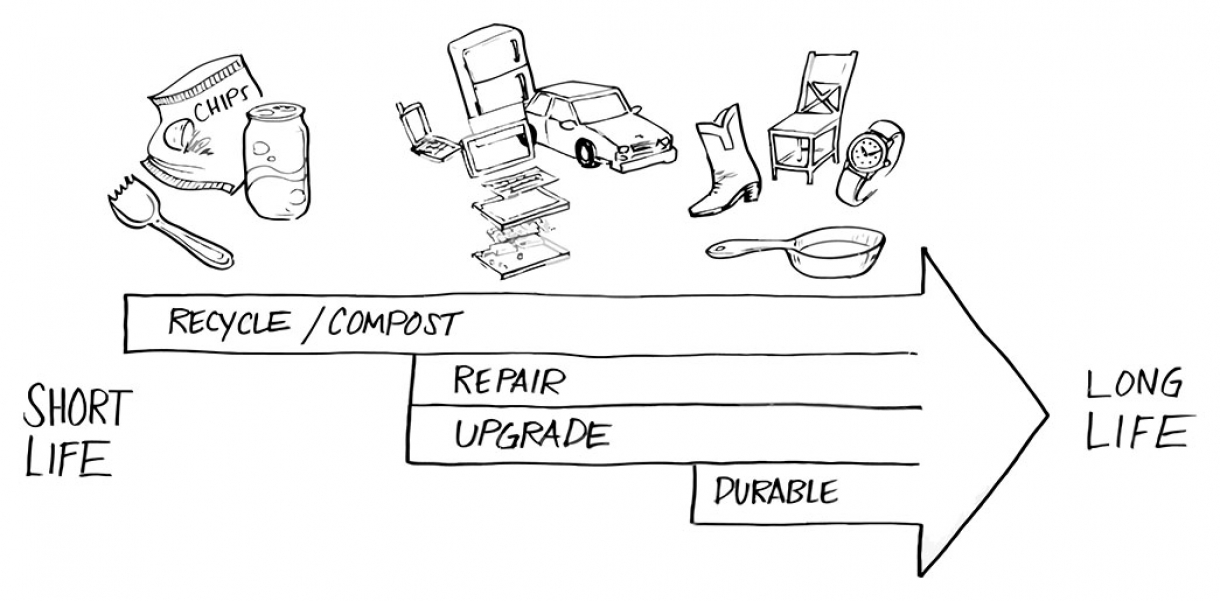There is a play deficit—especially in the developed world—that is impacting the health and well-being of children. This fact has dangerous implications for the future of children. The decline of play has been shown to accompany impeded social, emotional, cognitive and physical development, as well as increased levels of aggression and anti-social behavior. It has also been linked to a number of health problems among children and youth.
Promoting unstructured play during early childhood is an exceptional way to increase healthy levels of physical activity. When given the authority and autonomy to direct and conduct their own play, children begin to widen their sphere of experience, which increases levels of imagination and agility as well as physical, cognitive and emotional strength. Play also allows children to more easily understand their environment, putting language, emotion, movement and social norms into a context with which they can relate.
Imagination Playground in a Box gives communities an easy-to-install, cost-effective means to offer their children opportunities for open-ended, free play. The concept centers around a set of 90 uniquely designed large foam parts. The block set consists of 15 different shapes and a wide variety of play patterns. Imagination Playground Blocks are biodegradable, lightweight, waterproof, non-toxic and resistant to germs, mold and mildew. They are sturdy enough to withstand the elements and soft enough for children to play with safely. The “in a Box” model can be wheeled indoors and outdoors and can be used as open shelving or as closed storage.
Designed by
David Rockwell, Marc Hacker, Carmen Aguilar and Barry Richards, Glen Fulk, Leslie Armstrong, Mala Parikh, Sterling McMurrin and Claudia Opel, Caroline Kim, Shunyi Wu, Cas Holman, Lucinda Waite and Cat Emil - United States of America




